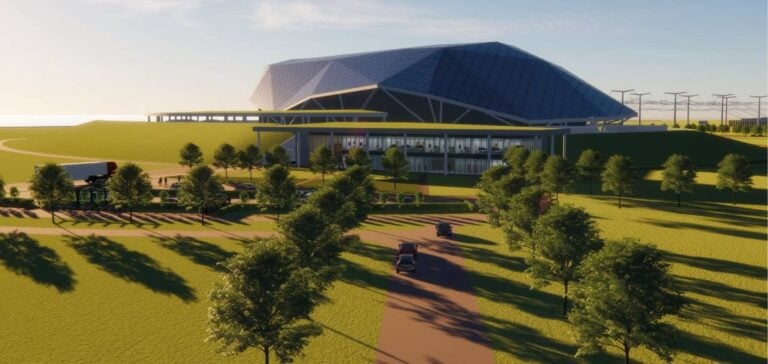Negotiations for the UK’s Small Modular Reactor (SMR) program have officially begun. The four finalists in the running are GE Hitachi, Holtec, Rolls-Royce SMR, and Westinghouse. These discussions mark a decisive step in selecting a technology to strengthen the UK’s energy capacity while meeting safety and sustainability requirements.
Great British Nuclear (GBN), the organization overseeing this program, announced that each proposed project has undergone a thorough analysis. This evaluation considered criteria such as safety, feasibility, and rapid deployment potential. Simon Bowen, chairman of GBN, stated: “Our technical experts have reviewed each design in detail and are confident that these SMRs could play a key role in the UK’s future energy mix.”
The Competing Technologies
The proposed designs include:
– BWRX-300 from GE Hitachi: A boiling water reactor based on proven technologies.
– SMR-300 from Holtec: A 300 MWe pressurized water reactor designed for modular production.
– Rolls-Royce SMR: A 470 MWe pressurized water reactor offering higher energy capacity.
– AP300 from Westinghouse: A 300 MWe/900 MWth pressurized water reactor.
Each design emphasizes pre-existing technologies and modularity to reduce construction times and costs.
A Strategic Timeline
Initially scheduled for the end of 2024, the technology selection has been postponed to spring 2025. GBN plans to sign contracts with one to three suppliers to co-finance the projects through regulatory, environmental, and site-specific authorizations. Final investments are expected to be decided by 2029, enabling a swift rollout of the selected SMRs.
Although there has been a change in government, current leaders have committed to continuing the program, underscoring its strategic importance in addressing long-term energy and climate challenges.
A Key Project for the UK’s Energy Mix
This program aligns with the UK’s transition to low-carbon energy, where SMRs could provide a complementary energy source to wind and solar. With sites capable of hosting multiple units, these reactors could bolster the UK’s energy resilience, reduce dependency on fossil fuels, and support its net-zero carbon goals.
GBN affirmed that each competing technology is considered viable and could be integrated into the national nuclear program, provided that negotiations lead to favorable terms for the country.






















